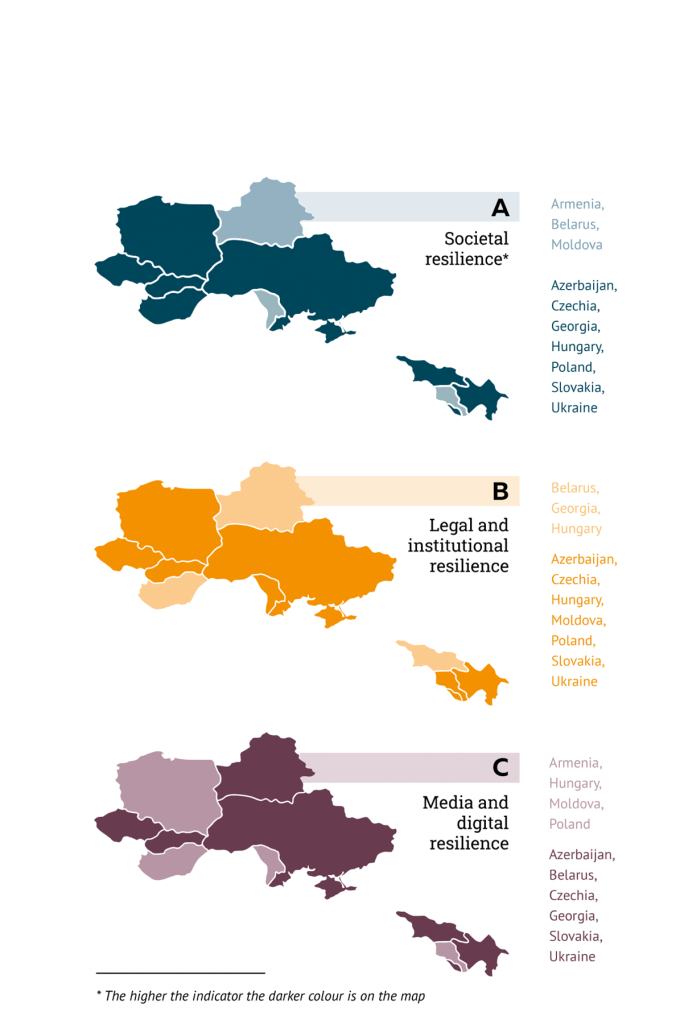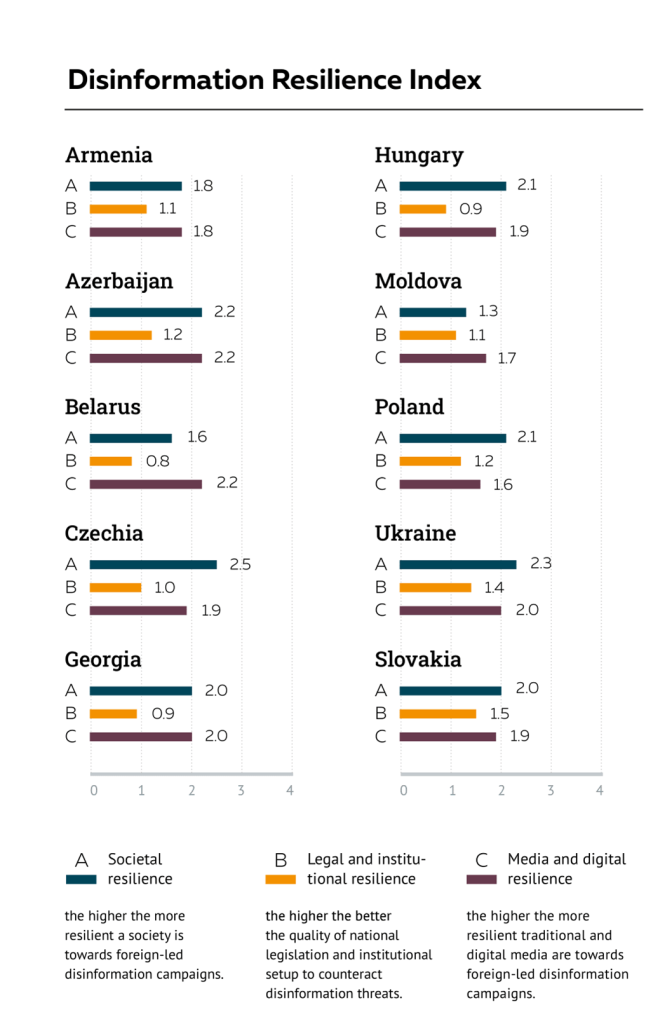Disinformation Resilience and Ukraine War
By Sadman Sakib
In these modern times disinformation is used as a key ingredient to divert the perspective of people in general. Many societies, polities and countries across the globe are facing challenges by the spread of false information across borders. This falsehood alters public opinions and derails the discussions which are going on to address major issues. The rapid progress of technology, ill ideologies, globalization, geopolitics are the fuel of disinformation which heats the fire of distorted public debate, threat to security, creation of social cohesion etc. Central and Eastern Europe is more exposed to widespread disinformation than perhaps any other region on earth. As the areas are geopolitically critical as well as critically competitive when it comes to geopolitical contest. For causing social polarization a political paralysis, fake news, feeds populism and extremism, questions democratic values, and advocates authoritarian ideas are spread through agents and mass medias.
To analyze this impact of disinformation in the political landscape, international relations and media consumption patterns have taken place in several Central and Eastern European countries Disinformation Resilience Index (DRI) research has taken place since 2018 under the German Marshall Fund of the United States every year a DISINFORMATION RESILIENCE INDEX is published. In 2021 a report was published which had 3 indicators which are i) social resilience ii) Legal and Institutional Resilience iii) Media and Digital Resilience. From the Eastern and Central European countries Czechia was ahead of all in three index and Armenia was behind compared to other overall. Ukraine was one of the overall top scorers in the index which indicates resilience towards disinformation.
The government and civil society of Ukraine is putting effort to increase the resilience against disinformation since 2018 and the issue of Kremlin’s influence in Ukraine is one of the biggest political agenda. While Russian economic influence is decreasing on the other hand China is doing the opposite. Interestingly Russia and China use this information to influence in different manners. Due to the strength of the Ukrainian language and the establishment and recognition of the local Orthodox Church of Ukraine the country has moved towards resilience and currently the new cultural institutions play a significant role because of state decisions. The Citizens’ trust in the mainstream media is going downhill and national televisions are losing its place of respect. Due to COVID-19 the popularity of social media platforms has grown which is a potential source of disinformation and to combat these misinformation steps have been taken at all levels. A ray of hope is that the new media law will strengthen the regulation of all types of media, including the digital space and considerably have taken place I the current institutional setting where Ministry of Culture and Information Policy (MCIP) was established again as an effort. In 2021 two new state agencies were created to counter disinformation. Ukraine’s civil society remains the driving force behind the fight against disinformation. Ukraine’s two critical fact-checking organisations have begun to cooperate, and Facebook have amplified their fact-checking efforts, with a particular focus on the Covid-19 pandemic. However, society remains quite vulnerable to manipulation, as evidenced by sociological polling. As a part of disinformation tv series were used to spread misinformation among the people and it was done in a very clever manner which is explained in ‘WHITE BOOK OF THE SPECIAL INFORMATION OPERATIONS AGAINST UKRAINE 2014 – 2018’.


